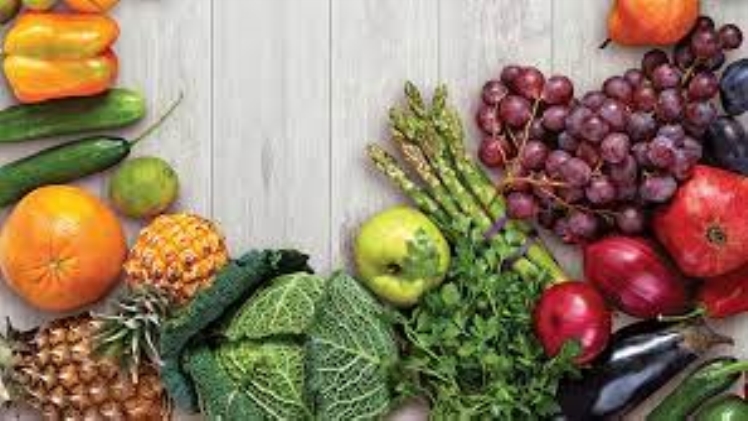Fruits and vegetables are essential in your diet. They provide many vitamins, minerals, phytochemicals, and fiber, and they are low in calories and provide no fat. The goal is to have at least 2 servings of fruit and 3 servings of vegetables every day. Variety is important.
Choose different colors and kinds of fruits and vegetables. (See Chapters 4 and 5, pages 79 through 149, for ideas on how to include these important foods as regular features in your meals. Part II, page 150, also describes the bounty from which to choose.) Food safety is vital. It starts well before you purchase food. However, the steps you control also make a difference.
Read More About: foumovie
They include making sure you have clean hands and work surfaces—before and during the handling of food. Take care to separate raw, cooked, and ready-to-eat foods at all times. Keep hot foods hot and cold foods cold. Make sure to cook food to the proper temperature.
Refrigerate perishable foods and leftovers promptly. Follow the dates on containers. And finally, when in doubt, throw it out. (For further discussion on food safety issues, see Chapter 5, page 148.)
Fat is a nutrient that is essential for health, but too much fat in your diet, especially saturated fat, increases your risk of several diseases, including heart disease.
Most important, learn to identify the sources of fats, saturated fats, and cholesterol, and make healthful food choices. (See Chapter 2, Fats, page 26, and Chapter 3, Coronary Artery Disease, page 61.)
Some foods that contain natural sugar (such as fruits, vegetables, and milk products) also contain essential nutrients. If you use this site you will find a lot of information about Online Dispensary
Lastly comment
Others, such as table sugar, sugar-sweetened carbonated beverages, candy, and some baked goods, supply calories but few other nutrients. When consuming sugar, moderation is key.
Visit The Site: khatrimaza

